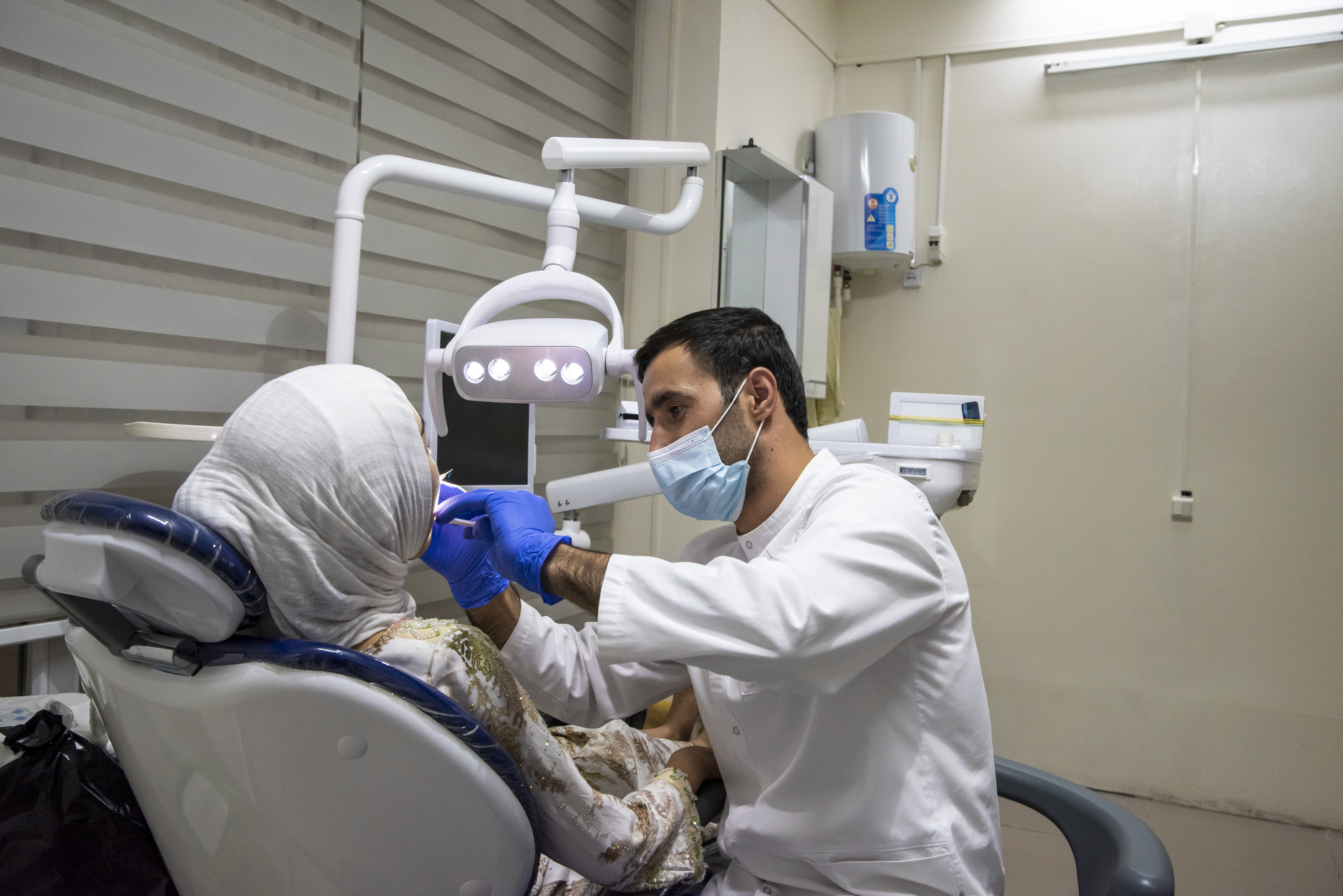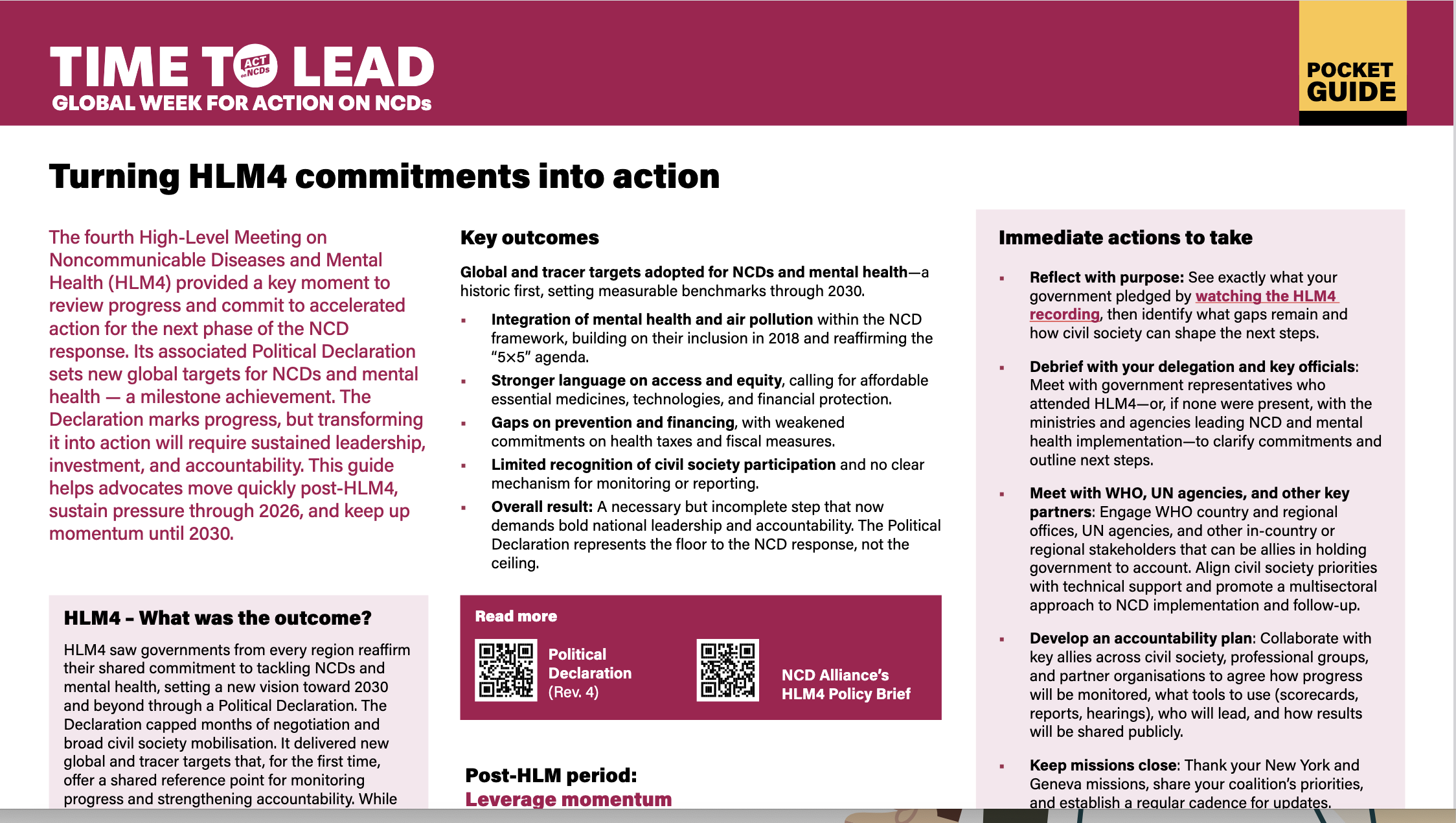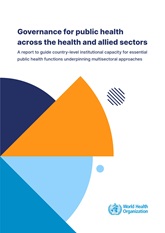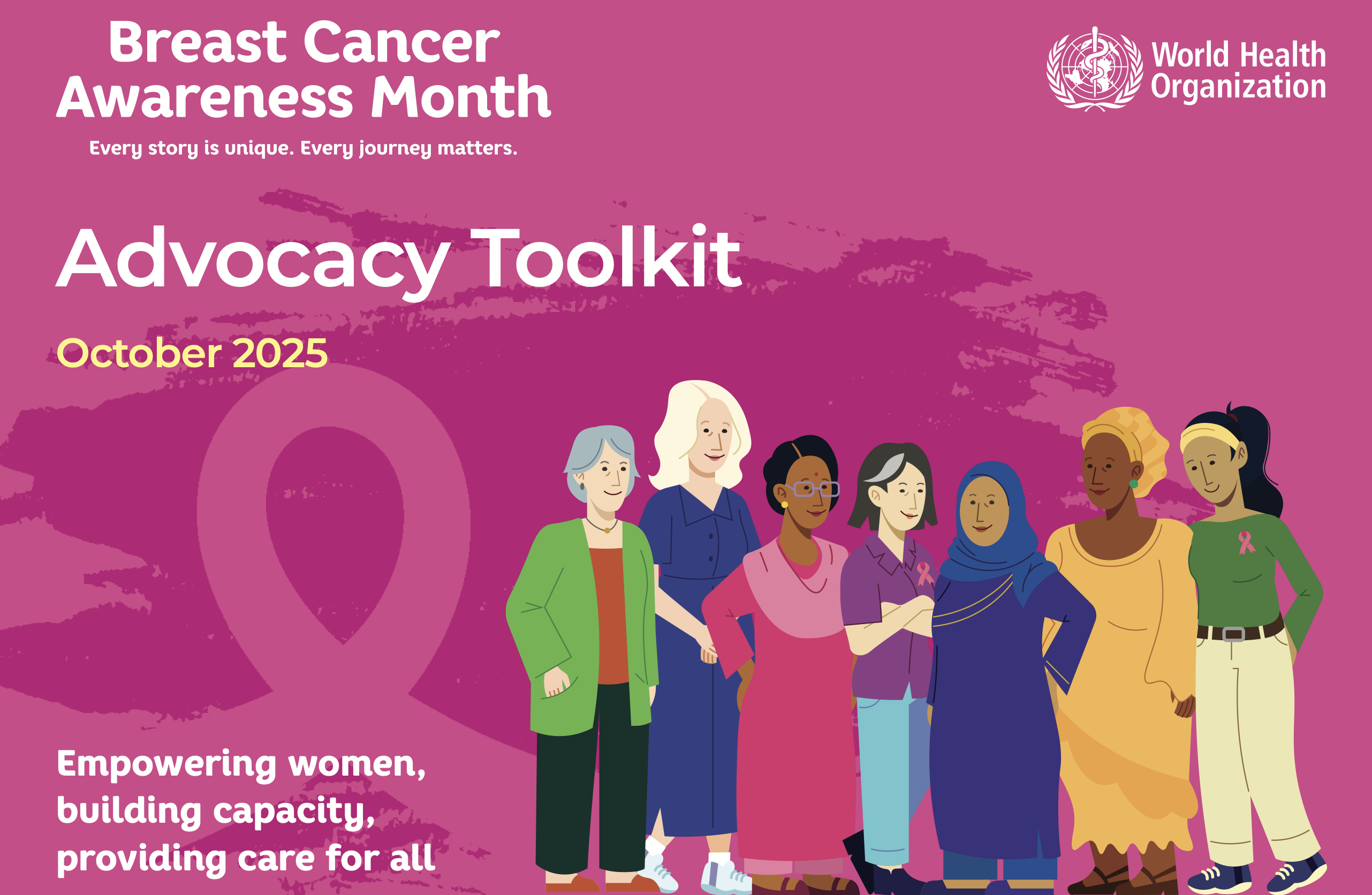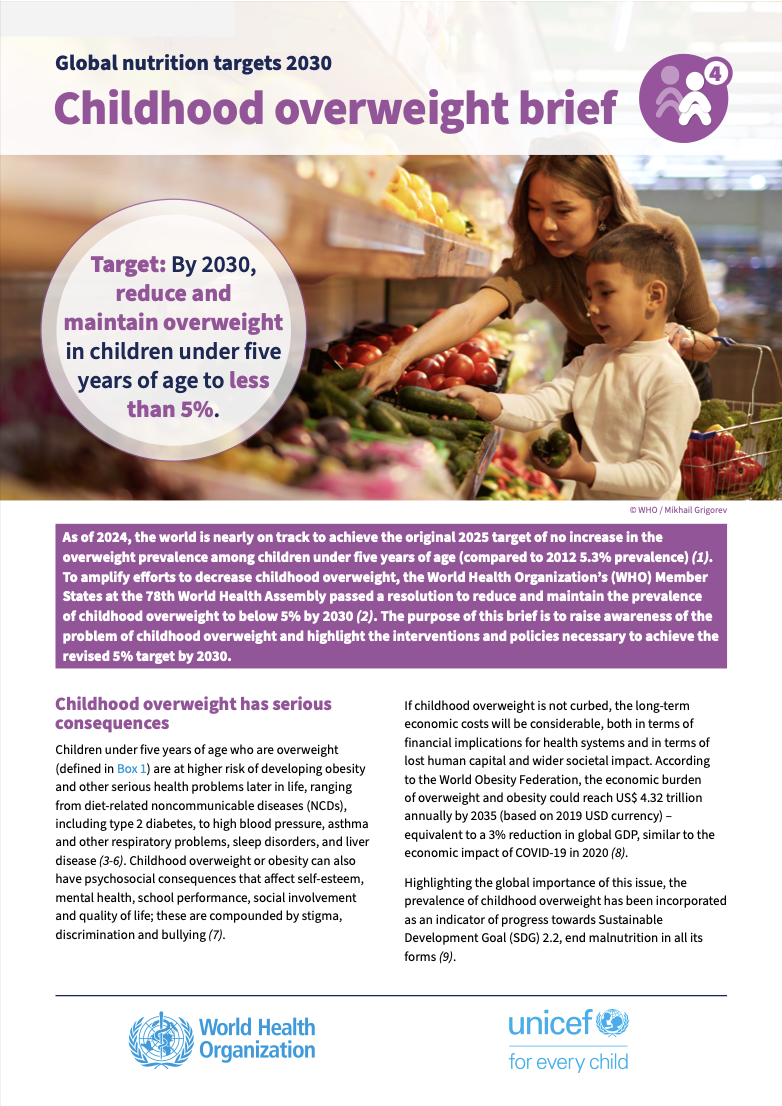Overview
Dental caries is a major public health problem globally and is the most widespread noncommunicable disease (NCD). It is also the most prevalent condition included in the 2015 Global Burden of Disease Study, ranking first for decay of permanent teeth (2.3 billion people) and 12th for deciduous teeth (560 million children).
Dental caries can be prevented by avoiding dietary free sugars. Moreover, dental caries is largely preventable through simple and cost-effective population-wide and individual interventions, whereas treatment is costly, and is often unavailable in low- and middle-income countries.
Teeth affected by caries are often extracted (pulled out) when they cause pain or discomfort.
Severe dental caries can impair quality of life, including difficulties in eating and sleeping, and in its advanced stages (abscesses), it may result in pain and chronic systemic infection or adverse growth patterns. Tooth decay is a frequent cause of absence from school or work.
Information presented on this page has been replicated from the linked WHO fact sheet. Please always refer to the original source on who.int for the latest version. Last update: March 2024.

